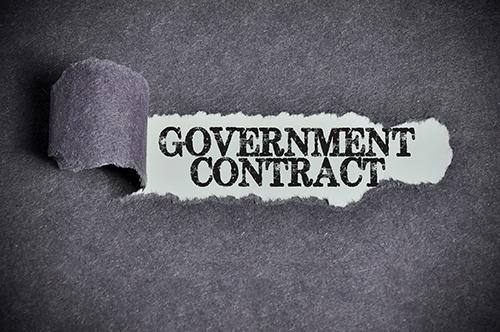
Becoming a government contractor is undoubtedly an intimidating process. With all the big players on the field, it can feel like you’re losing a battle before you even begin. Luckily, the US Small Business Administration (SBA) has implemented policies to help even the score and encourage business diversity.
No matter how large or small your company is, this guide will help demystify some of the processes and hopefully decrease some of that intimidation. This is what to know about becoming a government contractor.
What Do You Do?
The first step in becoming a government contractor is asking yourself what your company does. To bid yourself to a federal agency, you must be entirely clear about the service you provide. The good news is that there’s a market for almost everything, so there’s a good chance someone will take your bid.
There are also many websites that you can use to evaluate what the federal government is spending money on. This can give you a better idea of how quickly you’ll get picked up and what’s higher in demand.
Legalities and Registration
To register, you need to legally register the name of your business and apply for your state and federal tax ID numbers. You must also learn your North American Industry Classification System (NAICS) Code and request your Data Universal Numbering System (DUNS) number.
Now that seems like a long list. So to simplify it, here are a few things you need before you get started with any of those registration processes:
- Your company address
- Your company name
- The exact type of business you run
- The year you established your company
- The total number of employees
Your company will also need policies and safeguards for your employees. These policies cover responding to abuse, ensuring workplace safety, and getting access to help with childcare.
For example, one of the central policies every company needs is an affirmative action plan. This policy ensures that your company supports those who may otherwise become deprived of equal treatment. The EEOC legally requires this for many companies.
Explore Opportunities
You have two main options when finding contracting opportunities. You can follow a GSA schedule or enter subcontracting.
The General Services Administration is an independent agency that can connect you, as a contractor, to federal agencies. Think of it as a recruiter of sorts. It’s easy to go on the GSA website and apply for the qualification process so that it can start helping you scout out opportunities.
Additionally, becoming a subcontractor will show federal agencies that your business can do its job. You will work under a prime contractor to help them with their work and “add that to your resume,” so to speak.
It’s important to market your business and its policies if your goal is to play in the big leagues. Hopefully, this guide on becoming a government contractor convinces you to be less nervous about putting yourself out there. Start your registration today and continue to craft the business of your dreams.

